In a move that’s making waves across Washington, former President Donald Trump has revoked the security clearance of President Joe Biden, along with a list of other high-profile political figures. With just a signature on March 21, Trump cut off access to classified information for several of his political opponents—citing national security concerns and, more controversially, accusing Biden of memory lapses that make him unfit to be trusted with top-level intelligence.
The decision has sparked heated debate, with critics calling it a power play and supporters claiming it’s a long-overdue correction. Either way, it’s clear: the tradition of honoring past leaders with intelligence access just became the latest casualty in America’s growing political divide.
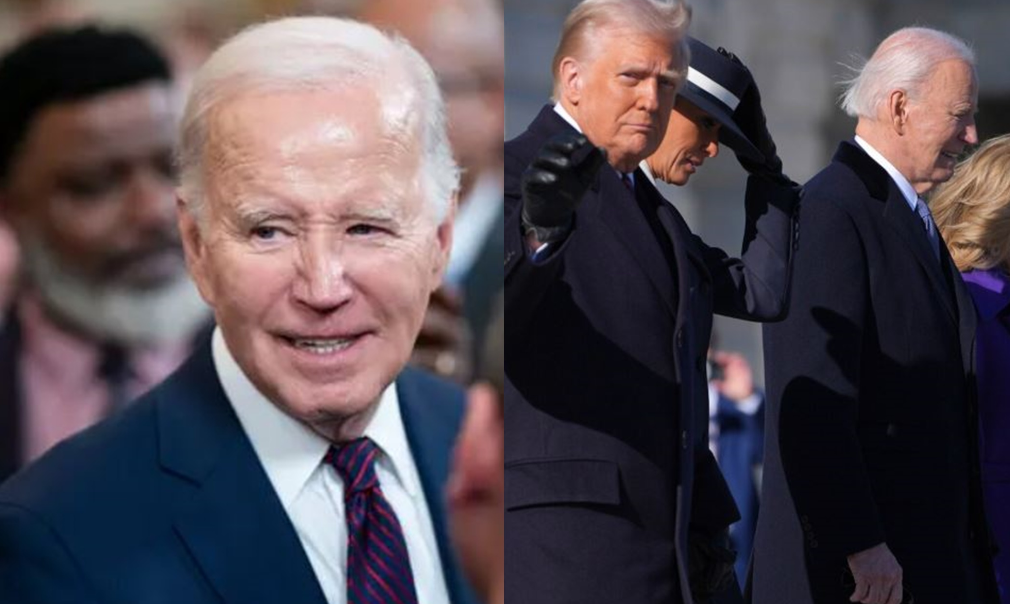
Security Clearance: A Tradition Broken
Traditionally, former presidents and top officials retain access to classified briefings and secure information, even after they leave office. The idea behind this practice is simple: their experience and insights could help guide current leaders through complex national security issues.
But now, that long-standing courtesy appears to be officially over.
In a memo issued on March 21, Trump directed government agencies to immediately revoke the active security clearances of individuals he listed, stating it was “no longer in the national interest” for them to have access to classified materials.
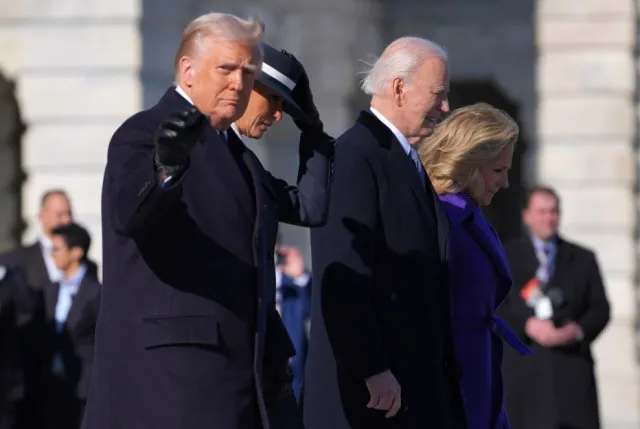
Who Lost Security Access?
Trump’s list wasn’t limited to Joe Biden—it was a sweeping list of political rivals, critics, and legal adversaries:
- Joe Biden and family
- Kamala Harris, former Vice President
- Hillary Clinton, former Secretary of State
- Antony Blinken, current Secretary of State
- Jake Sullivan, National Security Advisor
- Lisa Monaco, Deputy Attorney General
- Alvin Bragg and Letitia James, prosecutors investigating Trump
- Adam Kinzinger and Liz Cheney, anti-Trump Republicans
- Alexander Vindman and Fiona Hill, key impeachment witnesses
- Andrew Weissmann and Norman Eisen, legal figures involved in Trump investigations
These individuals have now lost their ability to view classified intelligence or access secure facilities—unless they regain it through private employment or official clearance renewal.
Video: Trump Revokes Biden’s Security Clearance: ‘He Set This Precedent’
Trump’s Justification: Turning Biden’s Words Around
Trump’s move didn’t come out of nowhere. In fact, he pointed to Biden’s own decision in 2021 as precedent.
After Biden took office, he blocked Trump from receiving intelligence briefings, citing concerns over Trump’s “erratic behavior” and warning that he could “slip and say something.” Now, Trump is flipping that script.
Citing reports that question Biden’s memory and fitness, Trump wrote:
“Biden’s poor memory makes him unfit to handle classified information.”
He further claimed that concerned citizens from Colorado and beyond have reached out to him about national security, suggesting public support for the decision.
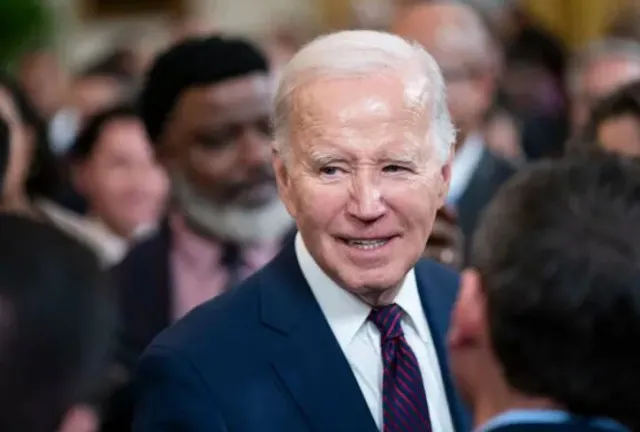
Security Access as a Political Weapon
This latest move confirms what many feared: security clearances are now political leverage.
While once viewed as a professional courtesy rooted in continuity and respect, clearance access is quickly becoming another tool for political retaliation.
Trump’s actions follow a growing trend where both sides of the aisle question whether their rivals can be trusted with national secrets—creating a scenario where future leaders may routinely strip or deny access based on partisanship, not principle.
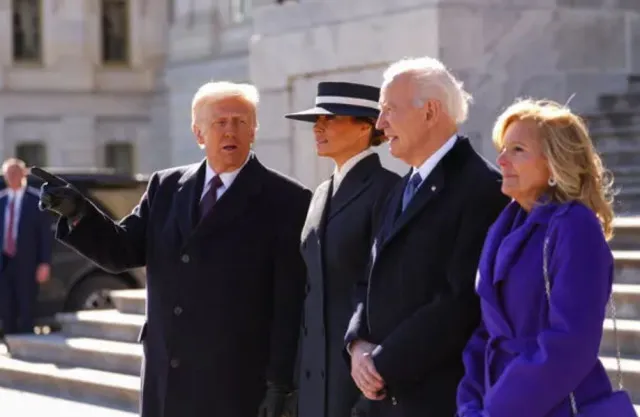
What’s the Impact of Losing Clearance?
Losing security clearance isn’t just symbolic—it carries real consequences.
Those removed from the list can no longer:
- Attend classified intelligence briefings
- Access government facilities without escorts
- Participate in national security discussions or consult current officials on threats
This is especially significant for figures like Antony Blinken and Jake Sullivan, who are currently holding top national security roles. Whether or how the directive will impact them in practice remains to be seen, especially if Trump’s executive order conflicts with ongoing administration duties.
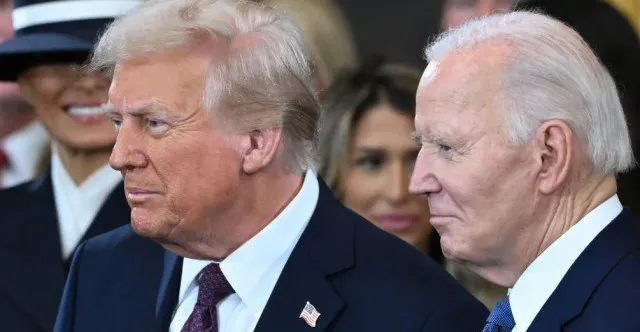
Governor Polis and Other Reactions
While Trump’s decision wasn’t directly related to state-level officials, his messaging included a shot at Colorado Governor Jared Polis, accusing him of being soft on crime in Aurora.
In response, Polis’ office offered a sarcastic but subtle jab, saying:
“Gov. Polis was surprised to learn the President of the United States is an aficionado of our State Capitol and its artwork.”
It’s clear from both sides—this is more than just a procedural memo. It’s political theatre, with intelligence access now caught in the spotlight.
Video: Trump says he is revoking Biden’s security clearance #news #worldnews
Will Future Presidents Follow This Path?
The real question moving forward is whether Trump’s action sets a new precedent or remains a political anomaly.
Presidents used to honor tradition, but with Trump’s move—and Biden’s before him—future administrations may feel justified in turning security access into a loyalty test.
If that becomes the norm, expect to see clearance decisions tied more to political allegiance than national need. That’s a slippery slope—and one with long-term consequences for how the country handles intelligence and diplomacy.
Conclusion
Trump’s decision to revoke Biden’s security clearance isn’t just about one memo—it’s a sign that American politics has entered new territory. What was once a quiet, respectful tradition has become a flashpoint for partisan power struggles.
By citing Biden’s own actions as justification, Trump has opened the door for future presidents to continue the tit-for-tat approach. Whether that helps or harms national security remains to be seen.
But one thing’s for sure—intelligence access is no longer just about security. It’s about politics, power, and perception. And that changes everything.